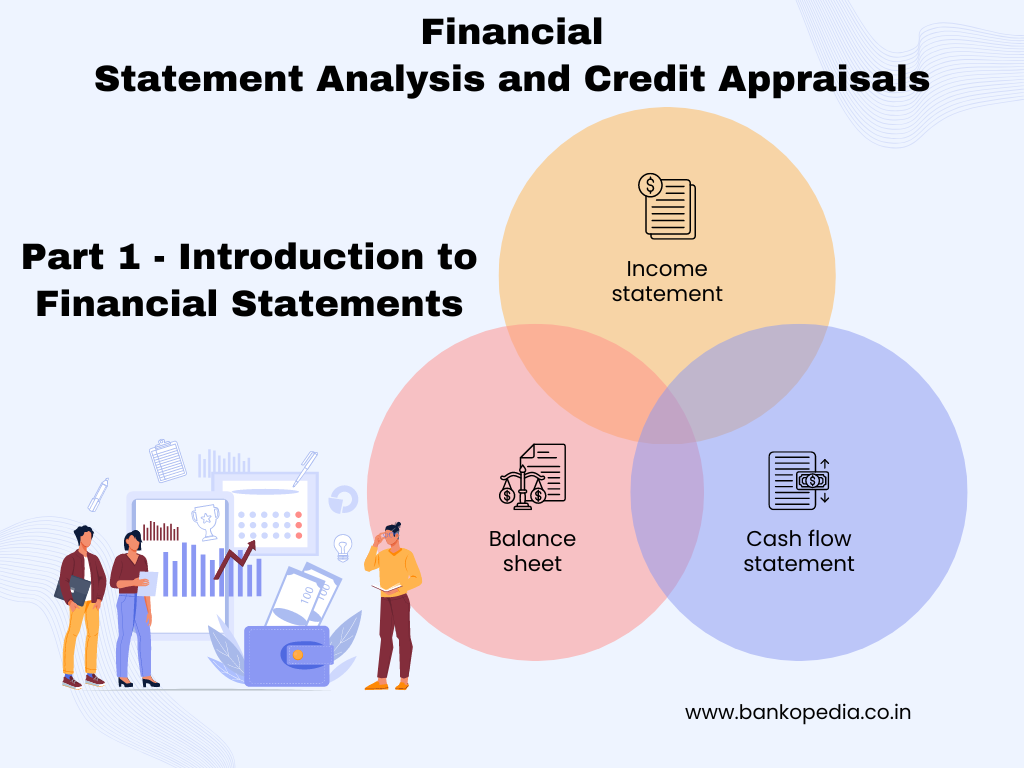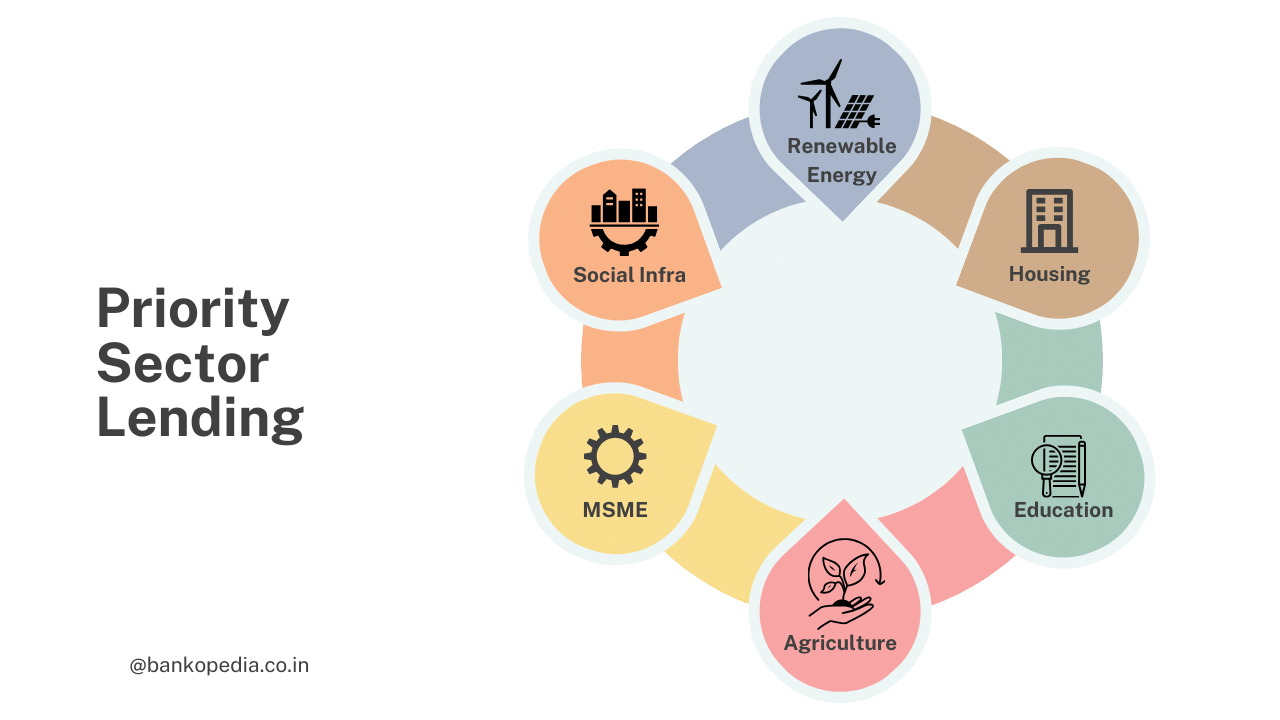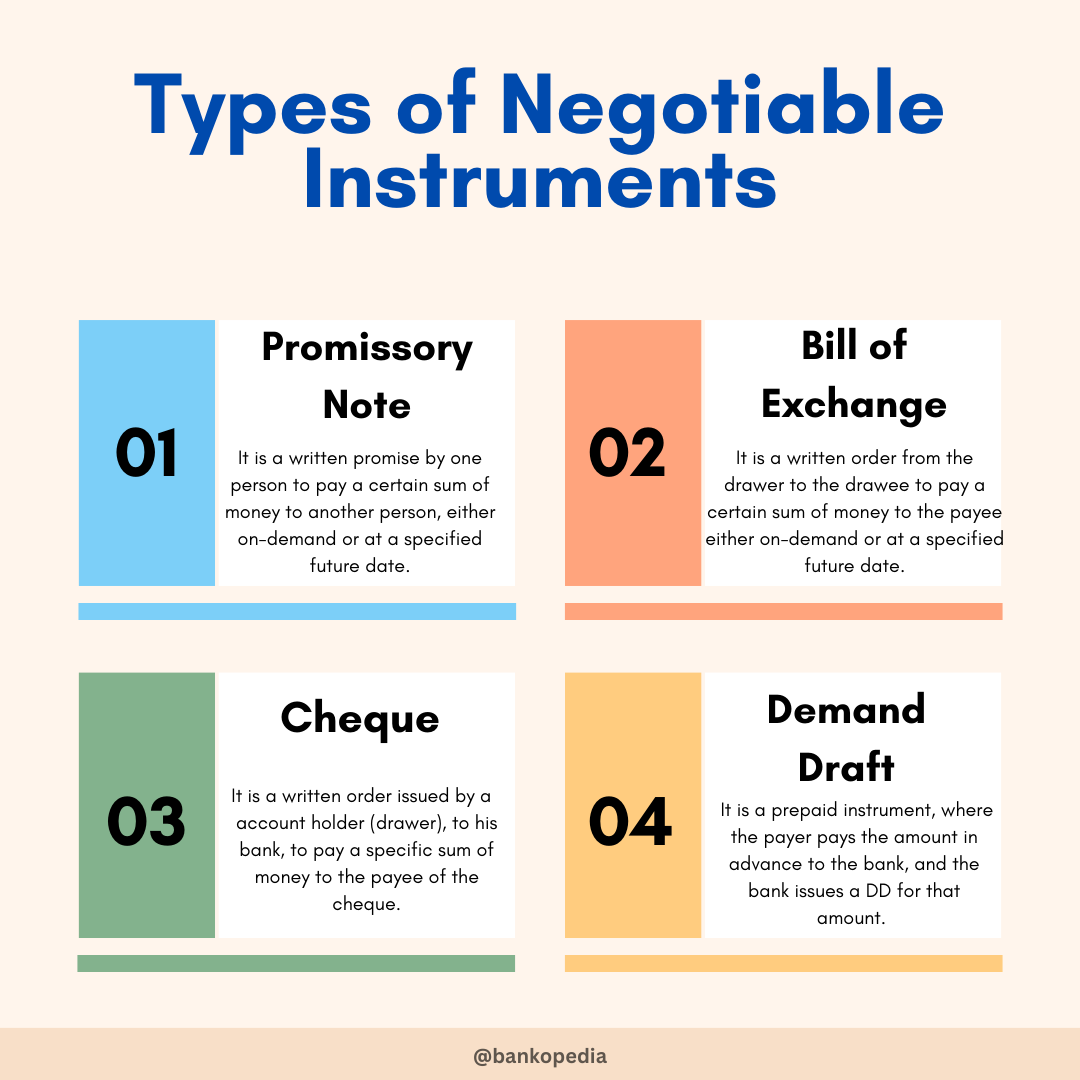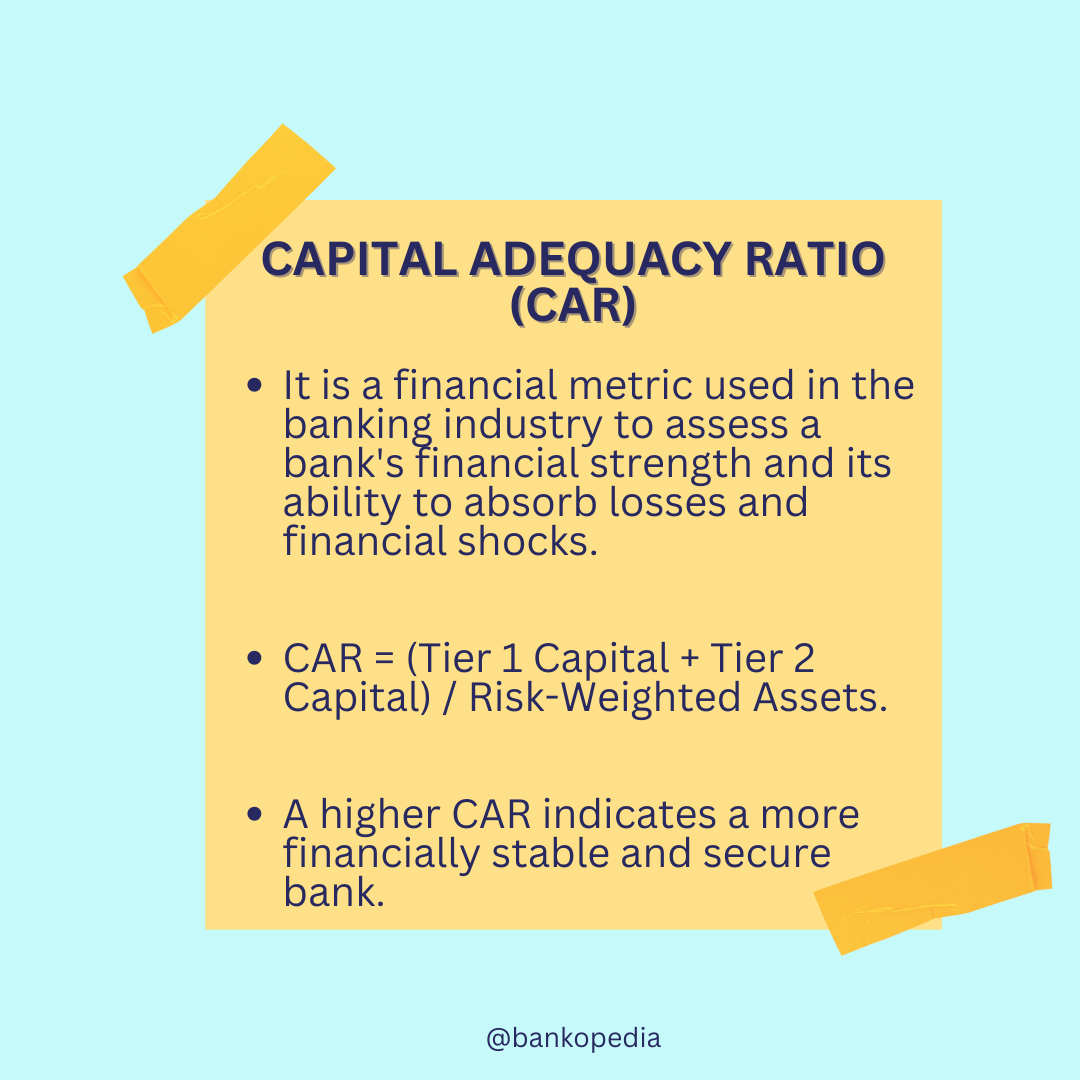Welcome to Daily Banking Digest, your premier source for the latest news and insights on March 10, 2024, focusing on banking, the economy, and finance. Our platform offers a comprehensive overview of the day’s most critical financial stories, market trends, and economic developments. Whether you’re a professional in the financial sector, an investor monitoring market movement, or someone interested in staying informed about the economic landscape, Daily Banking Digest provides reliable, up-to-date information.
Join our Telegram Channel for Daily PDF in your Inbox – Click Here
Table of Contents
ICAI focusing on aggregation of CA firms to cater to growing overseas accounting demand
The Institute of Chartered Accountants of India (ICAI) is focusing on capacity building measures to meet the increasing demand for accounting services from international markets. They have formed a Committee of Aggregation of CA Firms to create large firms that can compete globally. India is becoming an outsourcing hub for accounting work due to skilled chartered accountants and cost advantages. The ICAI is providing tools like AI to its members for efficient use of technology. The government also supports the growth of Indian CA firms and encourages small firms to become larger partnerships. Currently, there are around one lakh CA firms in India, with a majority being proprietorship firms.
Key Points:
- ICAI is working on capacity building measures to meet the growing demand for accounting services from international markets.
- The Committee of Aggregation of CA Firms has been formed to create large firms in line with PM Modi’s vision.
- India is becoming an outsourcing hub for accounting work due to skilled chartered accountants and cost advantages.
- ICAI is providing tools like AI to its members for efficient use of technology.
- The government supports the growth of Indian CA firms and encourages small firms to become larger partnerships.
- Currently, there are around one lakh CA firms in India, with a majority being proprietorship firms.
New MF distributor portability norms to trigger competition, hit income
The new mutual fund distributor portability norms that may leave distributors without commission during a mandatory cooling-off period of six months, especially if investors trigger multiple switches. The new norms allow investors to move from one distributor to another for the same fund, with the new distributor eligible for trail commission after the cooling-off period. This change may lead to large distributors poaching businesses from smaller players and impact the income of small distributors.
Key Points: 1. Impact of New Norms on Distributors: Distributors may face a lack of income for almost a year if investors switch distributors multiple times during the cooling-off period.
- Trail Commission Model: The trailing commission is calculated as a percentage of the investment brought to a fund by an intermediary and is paid every quarter. The commission can range between 0.20% to 1% for equity mutual funds and 0.10% to 1% for debt funds.
- Effect on Small Distributors: Small distributors, already impacted by the trail commission model and compliance costs, may face challenges due to the new norms.
- AMFI’s Cooling-Off Period: AMFI has introduced a cooling-off period of six months since the change of distributor code, during which neither the old nor the new distributor will be paid commissions. After this period, new distributors can earn commissions on transferred assets.
- Potential Expansion of Distribution Community: The new norms may lead to the expansion of the mutual fund distribution community, with relationship managers from banks and wealth outfits pursuing the field as entrepreneurs.
Centre fixes Bt Cotton seed MRP at ₹864/packet for 2024-25, lowest hike since 2019
The Union Agriculture Ministry has fixed the maximum retail price (MRP) of Bt Cotton Seed price at ₹864/packet for Bollgard II and at ₹635 for Bollgard II for the upcoming kharif season. The MRP of BG-II cotton seed packet has seen a gradual increase over the years, with the latest price set at ₹864 for the financial year 2024-25. The industry experts had expected a higher increase in MRP due to the previous year’s drought affecting cotton production in key regions like Maharashtra. The drop in cotton seed production in 2023 led to a decrease in actual sales compared to the availability of packets. The demand for cotton seed packets is expected to increase in the upcoming kharif season.
Keypoints:
- The MRP of Bt Cotton Seed price for the financial year 2024-25 is set at ₹864/packet for Bollgard II and ₹635 for Bollgard II.
- The gradual increase in MRP over the years reflects the market dynamics and production challenges faced by the cotton industry.
- The lower-than-expected increase in MRP for the upcoming season is attributed to the impact of the previous year’s drought on cotton production in key regions like Maharashtra.
- The drop in cotton seed production in 2023 resulted in lower actual sales compared to the availability of packets.
- The demand for cotton seed packets is expected to grow in the upcoming kharif season, despite challenges like dry spells affecting germination in some regions.
In India’s semiconductor moment, spotlight on talent
India’s semiconductor sector is experiencing a surge in demand for talent due to new investments and the government’s plan to make the country a chip manufacturing hub. The sector is expected to have 800,000 to 1 million job openings in the next five years. Companies are looking to hire across various levels and are considering expats for leadership roles.
Key Points:
- Increased Demand for Talent: The semiconductor sector in India is witnessing a high demand for talent to support infrastructure, industrial parks, testing systems, and R&D activities.
- Job Openings: There is a projected demand for 40,000-50,000 employees in 2024, with a 25-30% increase from the previous year. The sector is expected to have over 800,000 to 1 million job openings in the next five years.
- Hiring Trends: Companies are hiring for entry and middle-level positions in locations like Gujarat, Bengaluru, Telangana, Tamil Nadu, and Assam. Roles in semiconductor chip design, fabrication, and assembly are expected to see a significant uptick.
- Government Initiatives: The Indian government is striving to establish the country as a key player in the global semiconductor industry through initiatives like the India Semiconductor Mission.
- Talent Shortage: The industry faces a talent shortage, leading companies to consider hiring expats for leadership roles in technology.
- Salary Ranges: Salaries in the semiconductor sector range from Rs 15-20 lakh for entry-level design engineers to over Rs 2.5 crore for top talent, excluding incentives like RSUs and joining bonuses.
- Company Strategies: Companies like L&T Semiconductor Technologies and AMD are actively hiring semiconductor professionals. L&T plans to onboard over 350 professionals in India in 2024, while AMD is hiring engineers across hardware, software, and AI skills.
- Future Growth: The semiconductor industry is expected to focus on advanced skilling, job creation, and talent development to meet the increasing demand for semiconductors. Samsung Semiconductor India Research (SSIR) plans to hire over 700 people, including fresh graduates and lateral hires.
SBI WeCare special FD for senior citizens with higher interest rate deadline: What is the FD rate?
The State Bank of India (SBI) offers a special fixed deposit for senior citizens known as SBIWeCare, which provides higher interest rates for terms ranging from 5 to 10 years. The last date to invest in SBI Wecare is March 31, 2024. SBI offers 0.50% higher interest rates to senior citizens, with rates varying between 3.50% and 7.50% for tenures from 7 days to 10 years. The bank offers 7.50% interest on SBI Wecare special FD. Additional premium of 50 bps is provided over the card rate for the public. Senior citizens can earn a rate of interest of 7.60% on a 400-day tenure under the SBI Amrit Kalash special deposit scheme. The scheme is valid until March 31, 2024. Under the green deposit scheme, senior citizens can earn 7.15% on tenures of 1111 Days and 1777 Days, and 7.40% on a 2222 Days tenure on retail deposits. SBI Sarvottam term deposits offer an interest rate of 7.9% for a two-year tenure and 7.60% for a one-year tenure for senior citizens on retail deposits.
Key Points:
- SBIWeCare is a special fixed deposit for senior citizens offering higher interest rates for terms ranging from 5 to 10 years.
- The last date to invest in SBI Wecare is March 31, 2024, available on fresh deposits and renewal of maturing deposits.
- SBI offers 0.50% higher interest rates to senior citizens, with rates varying between 3.50% and 7.50% for tenures from 7 days to 10 years.
- The bank provides 7.50% interest on SBI Wecare special FD and an additional premium of 50 bps over the card rate for the public.
- Senior citizens can earn a rate of interest of 7.60% on a 400-day tenure under the SBI Amrit Kalash special deposit scheme valid until March 31, 2024.
- Under the green deposit scheme, senior citizens can earn 7.15% on tenures of 1111 Days and 1777 Days, and 7.40% on a 2222 Days tenure on retail deposits.
- SBI Sarvottam term deposits offer an interest rate of 7.9% for a two-year tenure and 7.60% for a one-year tenure for senior citizens on retail deposits.
EFTA Deal: India to link duty cuts with investments from companies of member nations.
Summary:
India will link duty reductions under the European Free Trade Association (EFTA) agreement to investments made by companies from EFTA member nations. The agreement, set to be signed on Sunday, aims to attract $100 billion in investments over 15 years. India will evaluate investment levels and adjust tariff reductions accordingly, marking the first such mechanism in its trade agreements.
Key Points:
Investment-Linked Duty Reductions: – India will tie duty reductions to investments made by EFTA member nations. – Companies from Switzerland, Norway, Iceland, and Liechtenstein have pledged $100 billion in investments over 15 years.
Potential Tariff Cuts: – Switzerland has eliminated import duties on industrial goods, while maintaining them on agricultural products. – Potential tariff cuts could affect items such as watches, wine, chocolates, and machinery.
Gold Tariff Reduction: – India will lower the bound rate on gold from 40% to 39%, while maintaining the effective duty at 15%.
Intellectual Property Rights: – India maintains its stance on intellectual property rights, emphasizing that concessions related to data exclusivity are not being offered. – Discussions on specific patent-related issues are welcomed.
Services Sector: – The agreement aims to open up sectors like IT, finance, tourism, and education, allowing Indian and EFTA service providers to operate in each other’s markets with fewer restrictions.
Potential Gains: – The agreement is expected to send a positive signal to the world about India’s commitment to trade liberalization. – Potential gains in goods exports are limited, while gains in services are also constrained by existing policy commitments.
Uttar Pradesh planning new city near Agra which will be about half the size of Noida. Check details
The Uttar Pradesh government plans to construct a new city, New Agra, to accommodate the anticipated population growth triggered by the upcoming Noida International Airport. The city will cover 10,500 hectares and will be located approximately 190 kilometers from Noida and 150 kilometers from the Jewar airport. The Yamuna Expressway Authority (YXPA) is developing a 10-year master plan to ensure sustainable growth and minimize environmental impact.
Key Points:
- Location: 190 kilometers from Noida, 150 kilometers from Jewar airport
- Size: 10,500 hectares, half the size of Noida
- Master Plan: 10-year plan by YXPA to address transportation, environmental impact, and sustainable growth
- Purpose: To accommodate population surge due to Noida International Airport
- Tourism: Proximity to Agra and the Taj Mahal will attract tourists
- Economic Development: Aim to enhance investment climate and promote economic growth
- Environmental Impact: Only green industries will be promoted to protect the Taj Mahal’s pristine beauty
India, EFTA may sign trade pact today
India and the European Free Trade Association (EFTA) will sign a free trade agreement on Sunday, aiming to enhance investments, exports, and skilled professional movement in sectors such as IT, audio-visual, and pharmaceuticals. The agreement includes a commitment to promote investment and employment creation in India.
Key Points:
Investment Commitment: – India seeks $50 billion investment in the first 10 years and another $50 billion in the next five years from EFTA countries. – Investment commitment linked to duty reduction under the agreement.
Benefiting Sectors: – Industrial goods, processed agricultural products, pharma, medical devices, and processed food.
Exclusion List: – Soya, dairy, and sensitive agricultural products excluded from duty concessions.
Agreement Details: – Trade and Economic Partnership Agreement (TEPA) with 14 chapters. – Covers trade in goods, services, investment, and other areas.
EFTA Ministers Attending: – Guy Parmelin (Switzerland) – Bjarni Benediktsson (Iceland) – Dominique Hasler (Liechtenstein) – Jan Christian Vestre (Norway)
Negotiation History: – Negotiations ongoing since January 2008 to strengthen economic ties.
MSMEs need to be future ready, foster development, says CII president
The article discusses the importance of micro, small, and medium enterprises (MSMEs) being future-ready for the growth of the eastern region. R Dinesh, president of CII, emphasized the role of MSMEs in fostering development and highlighted the need for the East to focus on digital and skill development. The CII is working on state-specific focus areas and creating training centers to upskill and build capacity for future-ready jobs. The eastern region’s strong mineral base is being leveraged for centers of excellence. West Bengal Health Secretary Narayan Swaroop Nigam stressed the importance of adaptation across sectors in a dynamic environment, focusing on talent development, customer-centric approach, risk management, and data analysis skills integration.
Key Points:
- R Dinesh emphasized the importance of MSMEs in fostering development and being future-ready for the growth of the eastern region.
- The CII is working on state-specific focus areas and creating training centers to upskill and build capacity for future-ready jobs.
- The eastern region’s strong mineral base is being leveraged for centers of excellence.
- West Bengal Health Secretary Narayan Swaroop Nigam highlighted the crucial role of adaptation across sectors in a dynamic environment, focusing on talent development, customer-centric approach, risk management, and data analysis skills integration.
- Suvendra Kumar Behera and Shashwat Goenka have been elected as chairman and deputy chairman of CII Eastern Region Council, respectively.
PM Modi unveils infra projects worth Rs 4,500 cr in northern West Bengal
Prime Minister Narendra Modi unveiled infrastructure projects worth more than Rs 4,500 crore in northern West Bengal, emphasizing the government’s focus on the development of the region.
Key Points: 1. Infrastructure Projects Unveiled: PM Modi inaugurated railway line electrification projects and national highway projects in northern West Bengal, totaling over Rs 4,500 crore.
- Focus on Eastern India: Modi highlighted the government’s commitment to the development of eastern India, considering it as the growth engine of the country.
- Railway Projects: The inaugurated railway projects aim to improve connectivity, facilitate freight movement, and boost economic growth in the region.
- National Highway Projects: Two national highway projects worth Rs 3,100 crore were inaugurated, enhancing connectivity and part of the north-south transport corridor.
- Previous Visits: The PM had earlier visited districts in southern West Bengal and unveiled significant projects, focusing on different regions of the state.











